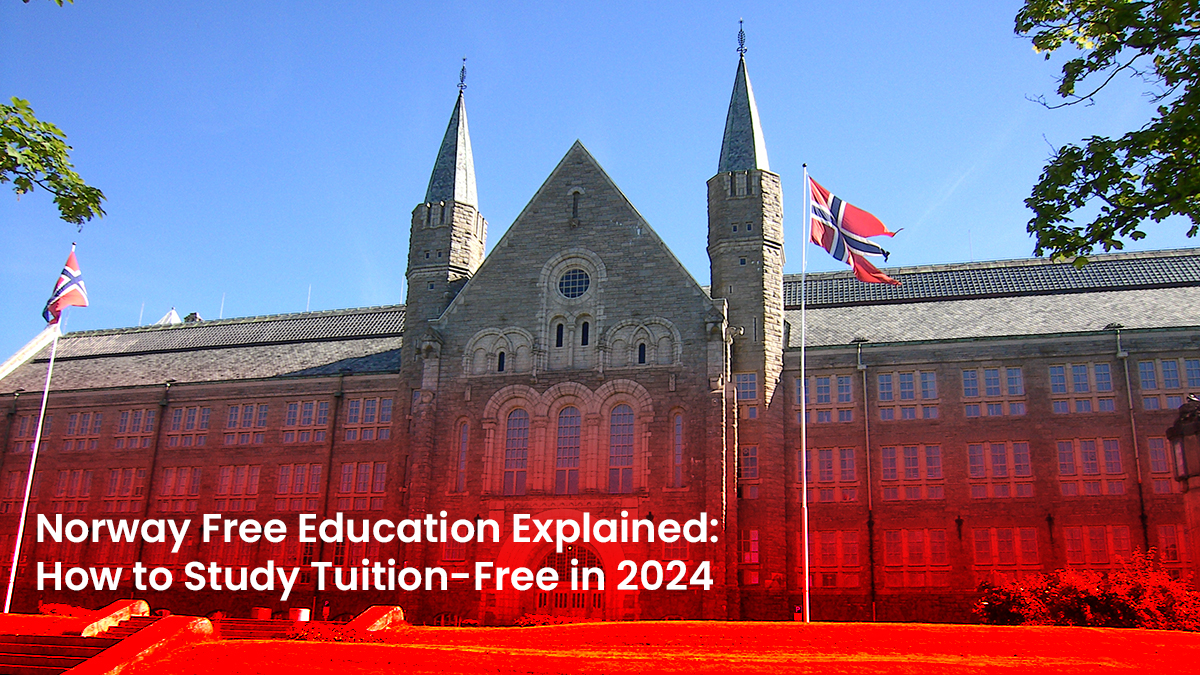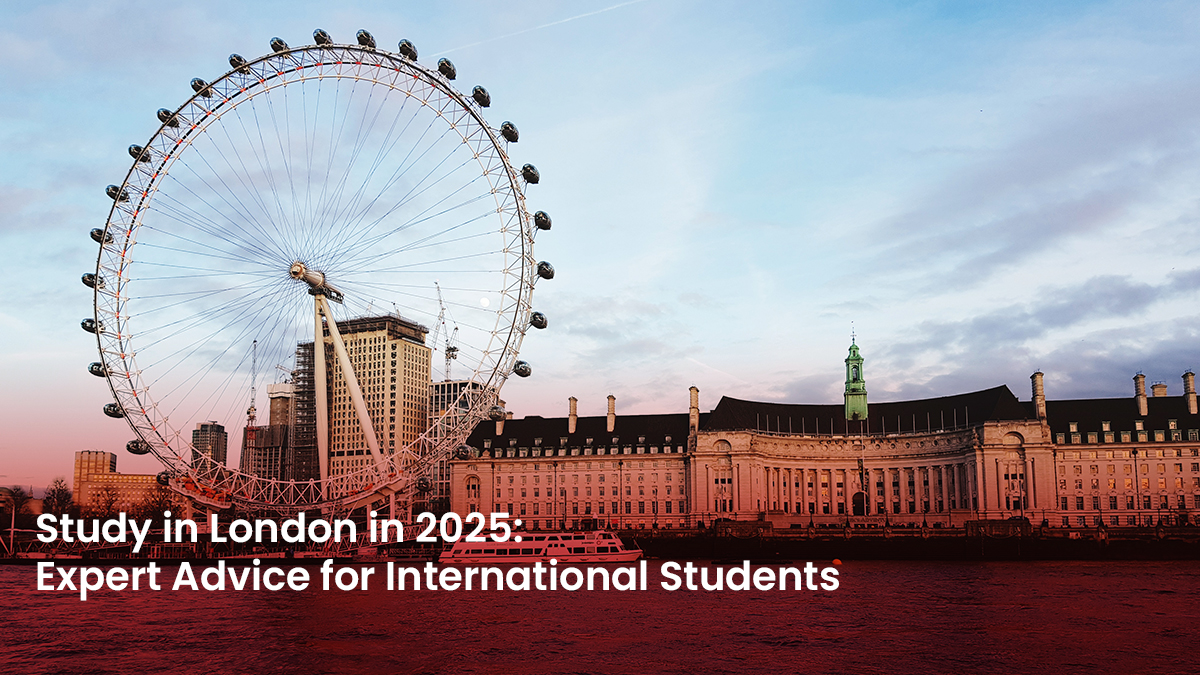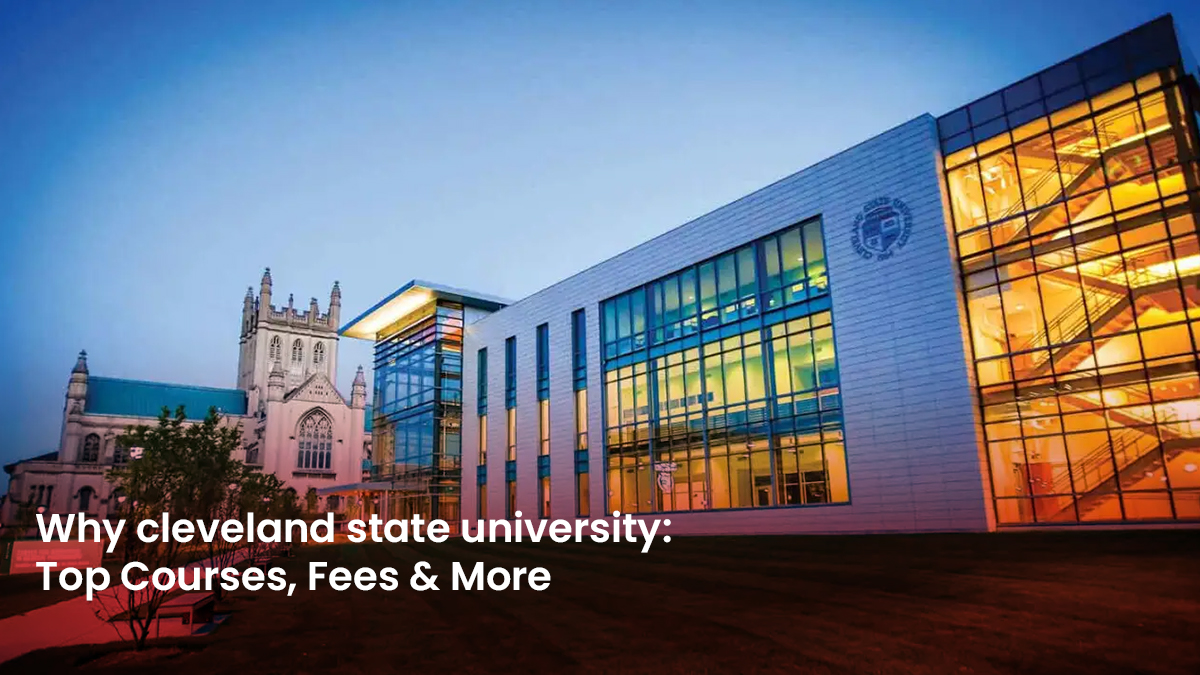Germany is Europe’s largest economy and has plenty of jobs for people with specialist skills.
If you are planning to study and eventually work in the country, here are some post-study options in Germany that international students can access after completing their studies
Germany as an Attractive Place to Work
Many international students in Germany prefer to stay in the country after finishing their studies there. This is reflected in a survey of Studying-in-Germany.org, an information portal for international students. 69.2% of the 4,339 international student participants in Germany said that they want to stay in the country after their studies and work.
The numbers are not surprising, because Germany is truly an attractive place to work. Not only does it have one of the largest economies in the world, but it also has a low unemployment rate.
Post-Study Job Options in Germany
For international students planning to stay in Germany after their studies, it is worth knowing that EU/EEA students have a more favorable status and easier access to these options than non-EU/EEA students. As soon as they finish their studies, they can already look for a job in the country.
For those not belonging to those countries, here are your options if you want to stay and work in Germany.
Temporary Residence Permit
One of the first things you can do is to extend your current residence permit. Extending your residence permit can allow you to stay in the country for 18 more months. You can use the time given to look for a job that fits you best.
To extend your residence permit, here are the needed documents:
- Passport and another personal ID
- Proof of completing your studies from a German University
- Proof of finance
- Health insurance
Aside from looking for a job, other reasons to extend or switch your residence permit in Germany are to pursue your Ph.D. or switch to a vocational or technical course.
EU Blue Card
After getting a job offer in Germany, the next thing you can do is to apply for an EU Blue Card.
An EU Blue card allows non-EU citizens to work in Germany and 25 other EU countries. Here are some prerequisites to a Blue Card:
- University/College degree
- Employment contract
- A pay of at least EUR 56,800 a year
- A pay of at least EUR 44,304 a year for industries where there’s a shortage of skilled workers
An EU Blue Card allows you to stay in Germany for four years or depending on the duration of your contract. You can also extend if applicable.
Permanent Residence Permit
You can apply for a permanent residence permit in Germany after staying there for more than five years. If you are a holder of an EU Blue Card, you can apply for a permanent residence permit after 33 months.
A permanent residence permit authorizes an individual to work, live, study, and bring their family to Germany. It can also be your pathway to becoming a naturalized citizen of Germany. Permanent residence permit holders can become naturalized German citizens after spending eight years in the country.
Before you can start applying for some post-study options in Germany, you need to survive your stay there as a student. Let MSM Unify help you in your journey as an international student in Germany. Check out articles for tips and practical information for students.












